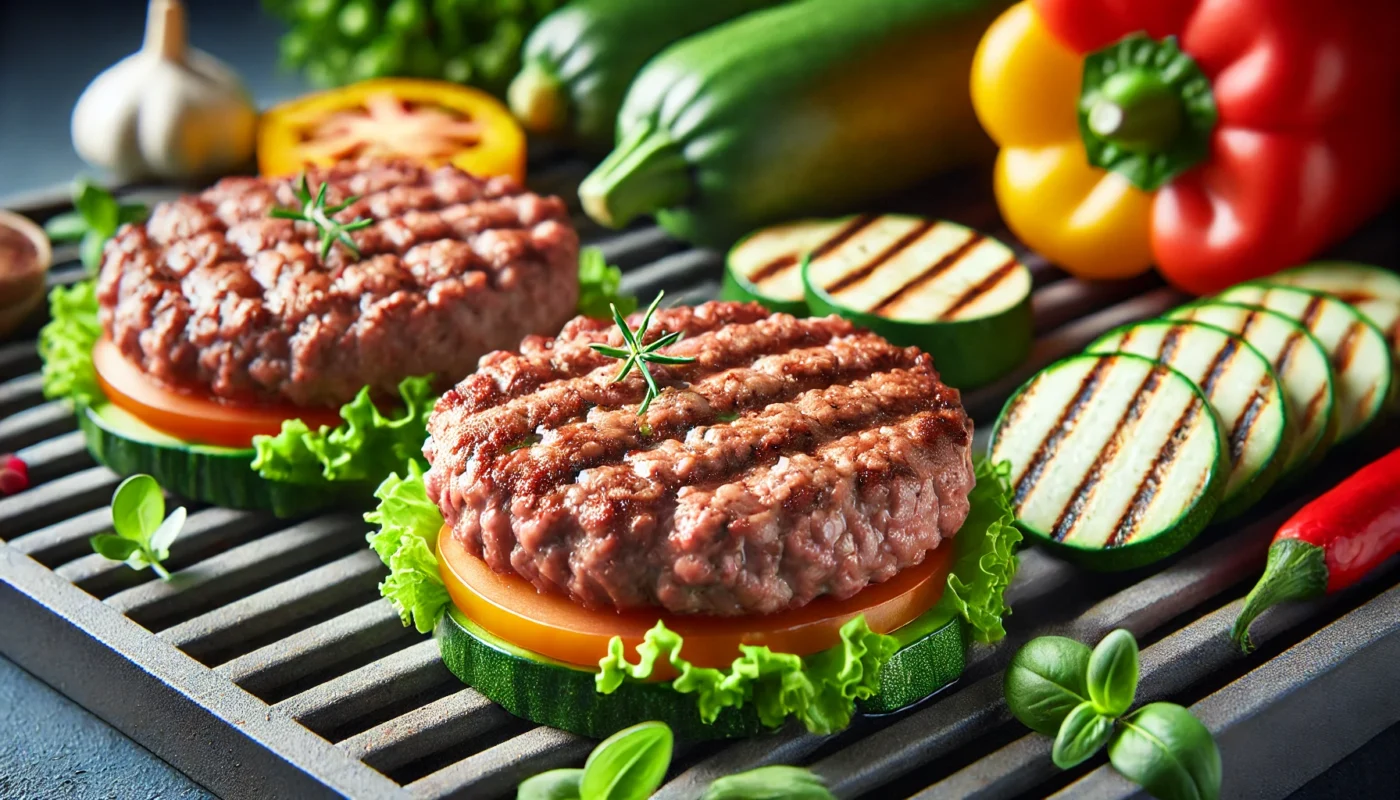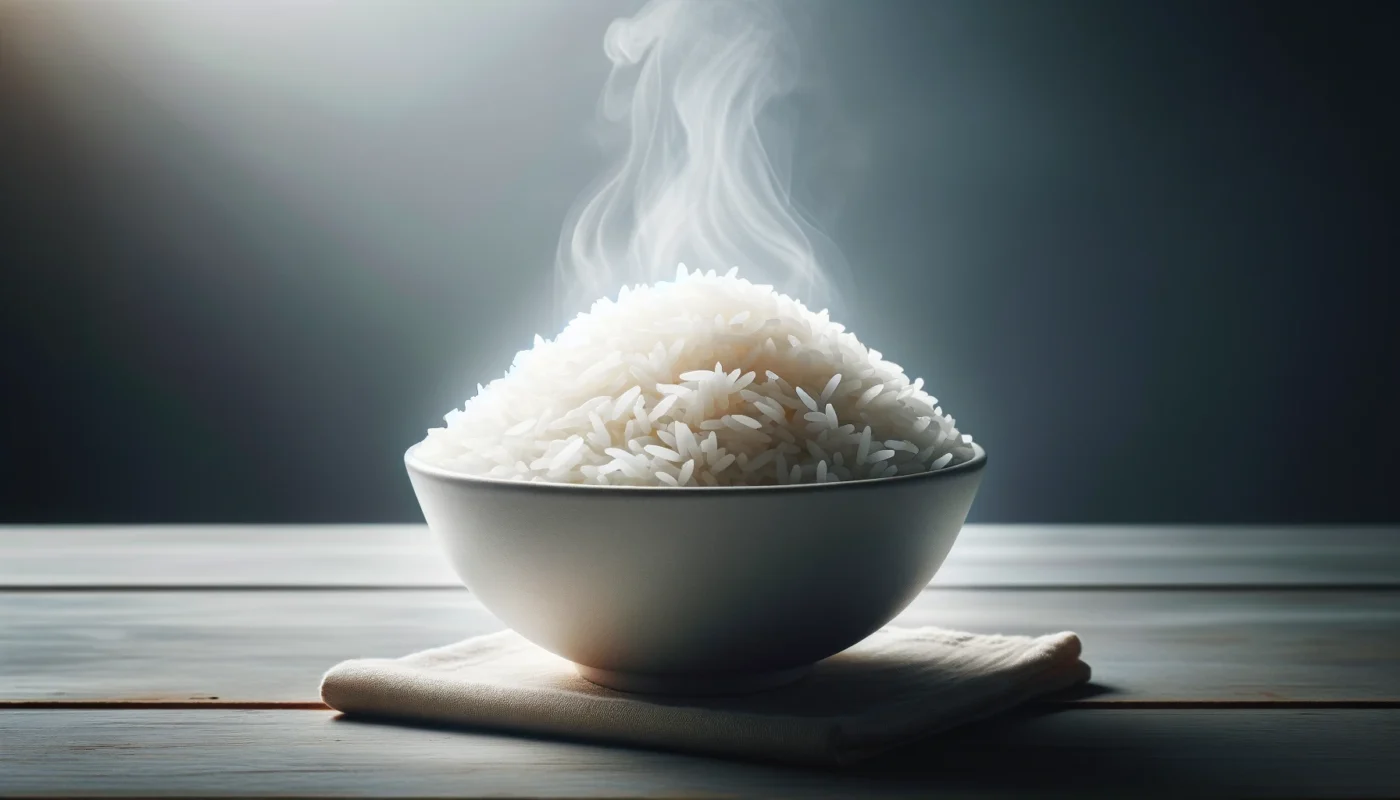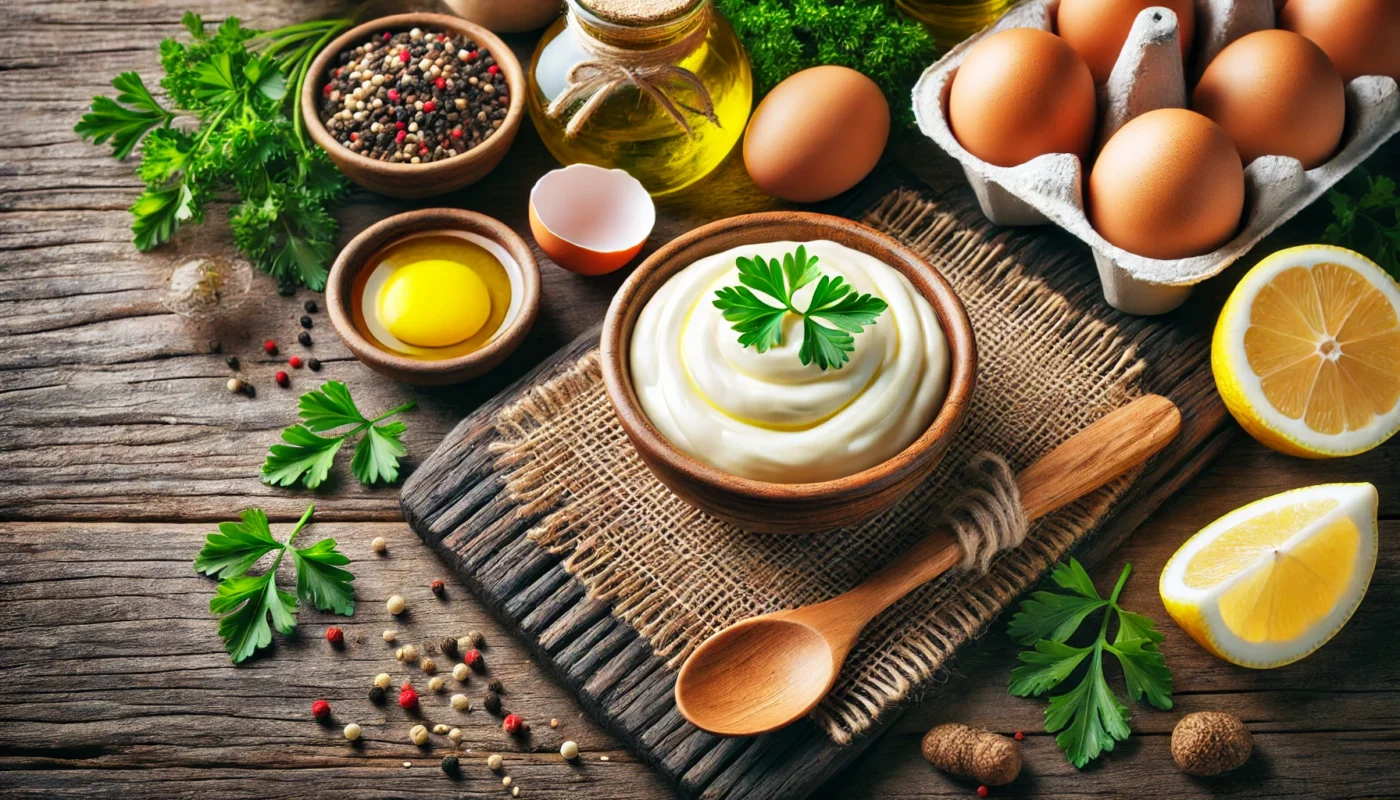Before diving into the specifics of what can help boost your immunity, it’s vital to understand what the immune system is and how it functions. Essentially, your immune system is a complex network of cells, tissues, and organs that work together to defend your body against harmful invaders like bacteria, viruses, and toxins.
Tag Archives: dietary patterns
When it comes to maintaining optimal health, the importance of a balanced diet cannot be overstated. Recent research underscores the significance of incorporating anti-inflammatory foods into our daily meals to combat chronic inflammation, a silent contributor to many health issues, including heart disease, diabetes, and arthritis. In this article, we’ll dive into nutrient-packed anti-inflammatory snacks that are not only delicious but also beneficial for your overall well-being.
When it comes to healing broken bones, nutrition plays a pivotal role. The foods we consume can either aid or hinder the recovery process.
Understanding the science behind this can be complex. Yet, it’s crucial for anyone seeking to optimize their healing journey.
This article aims to demystify the relationship between diet and bone healing. We’ll delve into the types of foods that can potentially delay the process.
We’ll also provide practical dietary advice. This will be beneficial for fitness enthusiasts, health enthusiasts, and medical patients alike.
By translating complex scientific research into actionable information, we hope to empower you. You’ll gain the knowledge needed to make informed dietary choices during your recovery.
Ground beef is a staple in many diets. It’s versatile, affordable, and packed with protein. But is it a healthy choice or a potential inflammatory risk?
Inflammation is a natural response of our bodies. It’s crucial for healing and protecting against disease. However, chronic inflammation can lead to health problems.
Diet plays a significant role in managing inflammation. Certain foods can trigger an inflammatory response, while others can help reduce it. So, where does ground beef fit into this equation?
This article aims to answer the question: is ground beef inflammatory? We’ll delve into the scientific research and provide practical advice for those seeking to optimize their health.
We’ll also compare ground beef with other meats. Understanding the potential inflammatory effects of different meats can help you make informed dietary choices.
Whether you’re a fitness enthusiast, a health enthusiast, or a medical patient, this article is for you. It’s designed to be comprehensive, detailed, and easy to follow.
By the end, you’ll have a better understanding of the role of ground beef in your diet. You’ll be equipped with the knowledge to make choices that support your health and wellness goals.
In the quest for optimal health, the foods we consume play a pivotal role. One food that has sparked debate is rice.
Rice, a staple in many diets worldwide, has been scrutinized for its potential link to inflammation. This article aims to dissect this complex topic, providing you with a comprehensive understanding of the relationship between rice and inflammation.
Inflammation is a natural immune response, but when it becomes chronic, it can contribute to various health conditions. Diet, including the consumption of rice, can significantly influence inflammation levels in the body.
Different types of rice, such as white and brown, may have varying effects on inflammation. This is due to their distinct nutritional profiles and the way our bodies process them.
We’ll delve into the scientific research behind these claims, aiming to clarify misconceptions and provide practical advice. Whether you’re a fitness enthusiast, a health enthusiast, or a medical patient, this article will offer valuable insights.
By the end of this exploration, you’ll be equipped with actionable strategies to manage inflammation through your diet. Let’s embark on this journey to better understand the link between rice and inflammation.
Mayonnaise: a staple in many kitchens, a key ingredient in countless recipes. But have you ever wondered about its health implications? Specifically, is mayonnaise anti-inflammatory?
Inflammation is a natural response of our bodies. It’s crucial for healing and protecting against disease. However, chronic inflammation can lead to health problems.
This is where diet comes into play. Certain foods can either trigger or tame inflammation. Hence, the rise of anti-inflammatory diets.
But where does mayonnaise fit into this picture? It’s a mix of eggs, oil, and vinegar or lemon juice. Each ingredient has its own health profile.
The type of oil used can significantly impact the inflammatory potential of mayonnaise. Some oils are rich in omega-3 fatty acids, known for their anti-inflammatory properties. Others, high in omega-6, can promote inflammation if consumed in excess.
Commercial mayonnaise often contains added sugars and preservatives. These can also influence its inflammatory potential.
In this article, we’ll delve into the science behind mayonnaise and inflammation. We’ll explore its ingredients, the role of dietary fats, and how to incorporate mayonnaise into a balanced, anti-inflammatory diet. Let’s embark on this journey of discovery together.
Tomatoes are a staple in many diets worldwide. They’re versatile, flavorful, and packed with nutrients.
But are tomatoes good for inflammation? This question has sparked much debate among health enthusiasts and medical professionals alike.
Some argue that tomatoes, being part of the nightshade family, can cause inflammation. Others, however, point to the rich antioxidant content in tomatoes, particularly lycopene, as a potent anti-inflammatory agent.
This article aims to delve into the heart of this debate. We’ll explore the scientific research behind the inflammatory and anti-inflammatory properties of tomatoes.
We’ll also discuss the nutritional profile of tomatoes and how it contributes to their potential health benefits. We’ll examine the role of lycopene and other antioxidants in combating inflammation.
Moreover, we’ll address the concept of nightshades and why some people believe tomatoes can cause pain. We’ll also provide practical tips on how to incorporate tomatoes into an anti-inflammatory diet.
Whether you’re a fitness enthusiast, a health enthusiast, or a medical patient, this comprehensive guide will help you understand the role of tomatoes in inflammation and how to use this knowledge to improve your wellbeing.







